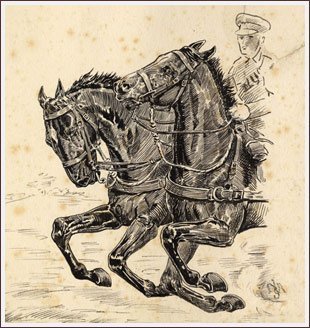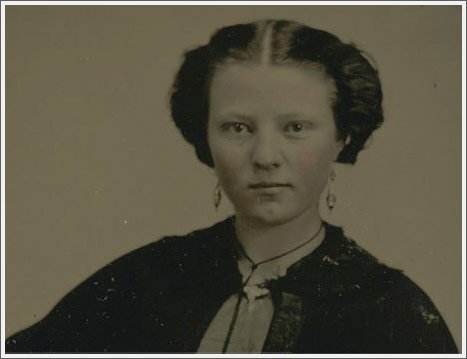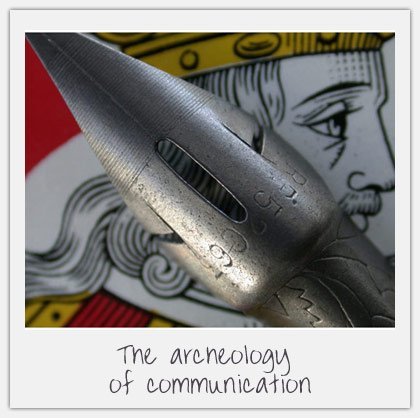
![]()
![]() Although the French did not know it yet, the slaughter at Morhange snuffed out the bright flame of the doctrine of the offensive. It died on a field in Lorraine where at the end of the day nothing was visible but corpses strewn in rows and sprawled in the attitude of sudden death as if the place had been swept by a malignant hurricane.
Although the French did not know it yet, the slaughter at Morhange snuffed out the bright flame of the doctrine of the offensive. It died on a field in Lorraine where at the end of the day nothing was visible but corpses strewn in rows and sprawled in the attitude of sudden death as if the place had been swept by a malignant hurricane.
The Guns of August - Barbara W. Tuchman


![]() Creativity is nothing else but the unfolding of evolution.
Creativity is nothing else but the unfolding of evolution.
Erich Jantsch - The self organizing universe

![]() So spoke Nina Simone:
So spoke Nina Simone:

![]() To breathe out more than one breathes in.
To breathe out more than one breathes in.
Henry Miller
![]() Each man has only one genuine vocation: to find the way to himself.
Each man has only one genuine vocation: to find the way to himself.
Hermann Hesse
![]() The older I grow, the more I listen to people who don’t talk
The older I grow, the more I listen to people who don’t talk
much.
Germain G. Glien [Sun magazine]
![]() "Have you read all the books in here?" Kofman asks Derrida as they wander through his library. "No," he replies impishly, "only four of them. But I read those very, very carefully".
"Have you read all the books in here?" Kofman asks Derrida as they wander through his library. "No," he replies impishly, "only four of them. But I read those very, very carefully".

![]() All I can do is tell the truth. No, that isn’t so- I have missed it.
All I can do is tell the truth. No, that isn’t so- I have missed it.
There is no truth that, in passing through awareness, does not lie.
But one runs after it all the same.
Lacan. The four fundamental concepts of psychoanalysis.


![]() "You can always have the last word, really, the only problem is that you are the only one listening."
"You can always have the last word, really, the only problem is that you are the only one listening."
Johanna Gardner

![]() HE turned to me with his kind, sleepy gaze
HE turned to me with his kind, sleepy gaze
And fresh face slowly brightening to the grin
That sets my memory back to summer days,
![]() Pessoa: "A pseudonymic work is, except for the name with which it is signed, the work of an author writing as himself; a heteronymic work is by an author writing outside his own personality: it is the work of a complete individuality made up by him, just as the utterances of some character in a drama would be."
Pessoa: "A pseudonymic work is, except for the name with which it is signed, the work of an author writing as himself; a heteronymic work is by an author writing outside his own personality: it is the work of a complete individuality made up by him, just as the utterances of some character in a drama would be."
Fernando Pessoa (1888-1935) - a poet who lived most of his life in a furnished room in Lisbon, Portugal, and who died in obscurity there - has in recent years gained international recognition as one of the greatest writers of the twentieth century. Pessoa was as much a creator of personas as he was of poetry, prose, and criticism. He wrote under numerous "heteronyms," or literary alter egos, and invented fully fleshed biographies for all of them. In the voices of these heteronyms, who supported and criticized each other's work in the margins of his drafts and in the literary journals of the time, Pessoa ranged widely over the possibilities of language. His poetry contains echoes of symbolist verse, Portuguese folk song, and futurist manifesto; it evokes both the breathtaking minimalism of the theory of relativity and the revolutionary exuberance of Leaves of Grass.
Publisher: Grove/Atlantic, Inc.
[1]











